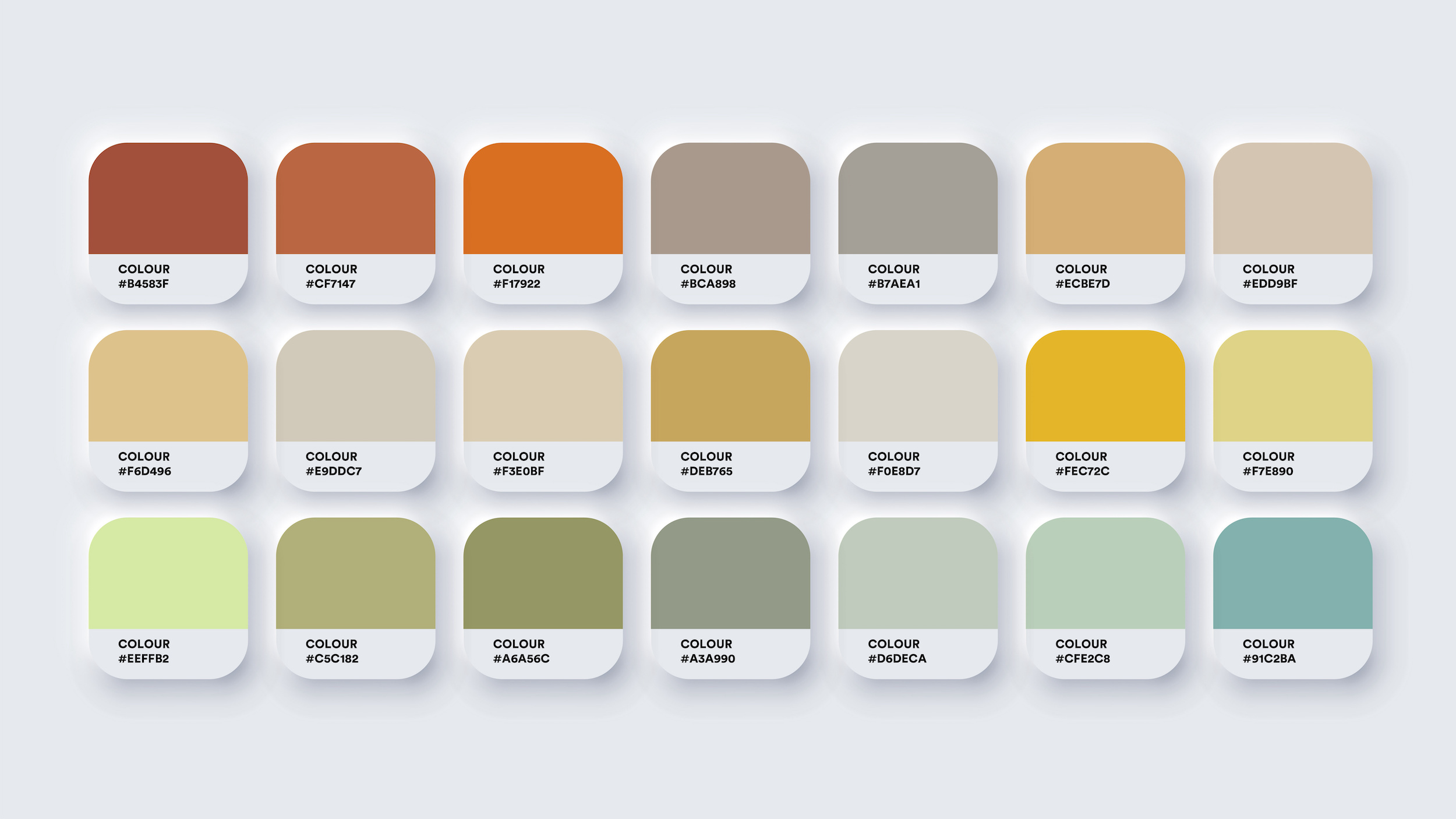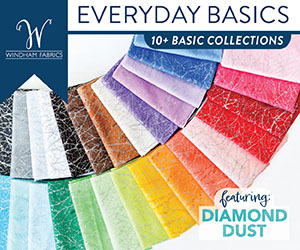
Color has a powerful impact on consumers. By understanding how to use color to your advantage, you can create a welcoming and engaging shopping experience for your customers.
Selecting a palette
When selecting a palette for your store, start by considering your brand. Your palette should consist of at least three colors:
- A dominant color (the main color used in your logo)
- An accent color
- One or two neutral colors
Using color in your store
To effectively use color in your store, consider the following tips:
- Use your dominant color on walls and displays that you want to draw attention to, such as the checkout counter or a specific department. This will attract customers’ eyes and encourage them to explore.
- Use your accent color sparingly, as a way to add visual interest to your displays, shopping bags, or other areas.
- Choose neutral colors for the rest of your store. Consider options such as cream, beige, tan, or taupe, which can create a calm and welcoming atmosphere.
Warm vs. cool colors
Different colors can evoke different emotions in customers. Consider the following:
- Warm colors like red, yellow, and orange can create a sense of energy and excitement. However, be cautious about using too much red, as it can also create a sense of urgency or even anxiety.
- Cool colors like blue and green are generally calming and relaxing, and are often preferred by shoppers.
- Colors like purple and orange can be more controversial, but if they align with your brand and the overall feel of your store, there’s no reason not to use them.
This post was inspired by “Color on Your Sales Floor” by Lyn M. Falk, published in the April 2023 issue of Creative Retailer. Falk is the owner and president of Retailworks Inc., a registered interior designer and a retail consultant.
If you’re looking for more information to guide you in owning a retail business, subscribe to Creative Retailer today. Already a subscriber? No worries—join our Facebook group for insights and dialogue from industry specialists like you. And don’t forget, you can always purchase single issues if you prefer that instead.




